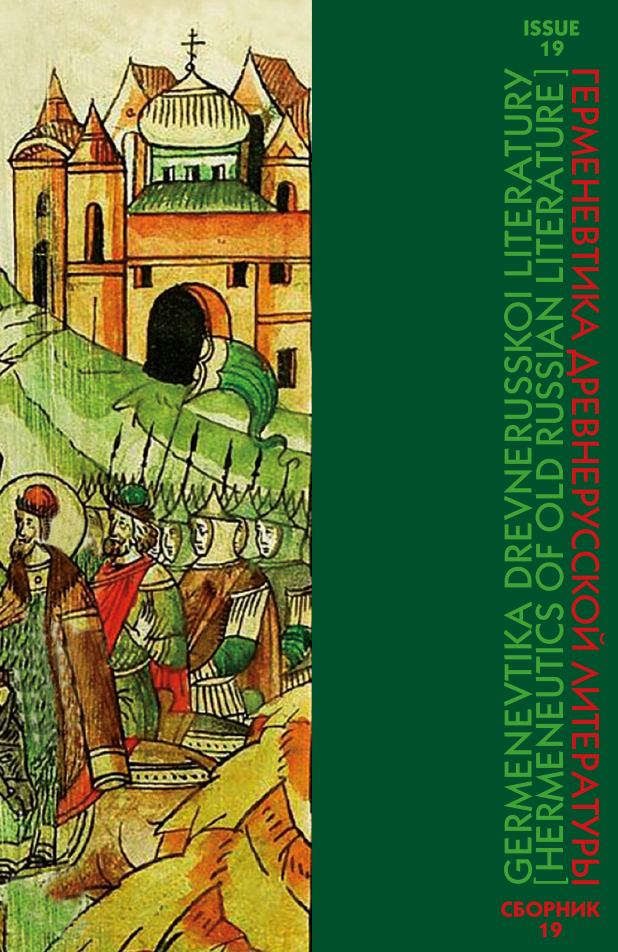Abstract:
The article examines the cases of figurativeness in the speeches of characters in the Old Russian translation of the History of Jewish War. Seventeen speeches of various figures in the monument are analyzed. It is concluded that the figurativeness in History arose spontaneously as a result of a detailed description of events and that the figurative places in the work were not actually the author’s end in itself, but served the expressiveness of the narrative, like other means of poetics. As confirmation, the Appendix to the article provides examples of paradoxical aphorisms and figurative usage in the monument text.
REFERENCES
1 Meshcherskii, N.A. Istoriia Iudeiskoi voiny Iosifa Flaviia v drevnerusskom perevode [History of Jewish War by Josephus in Old Russian Translation]. Moscow, Leningrad, AN SSSR Publ., 1958. 578 p. (In Russian)
2 Flavii Iosif. Iudeiskaia voina [Jewish War], trans. by Ia.L. Chertka. St. Petersburg, Tipo- litografiia A.S. Landau Publ., 1900. 529 p. (In Russian)






